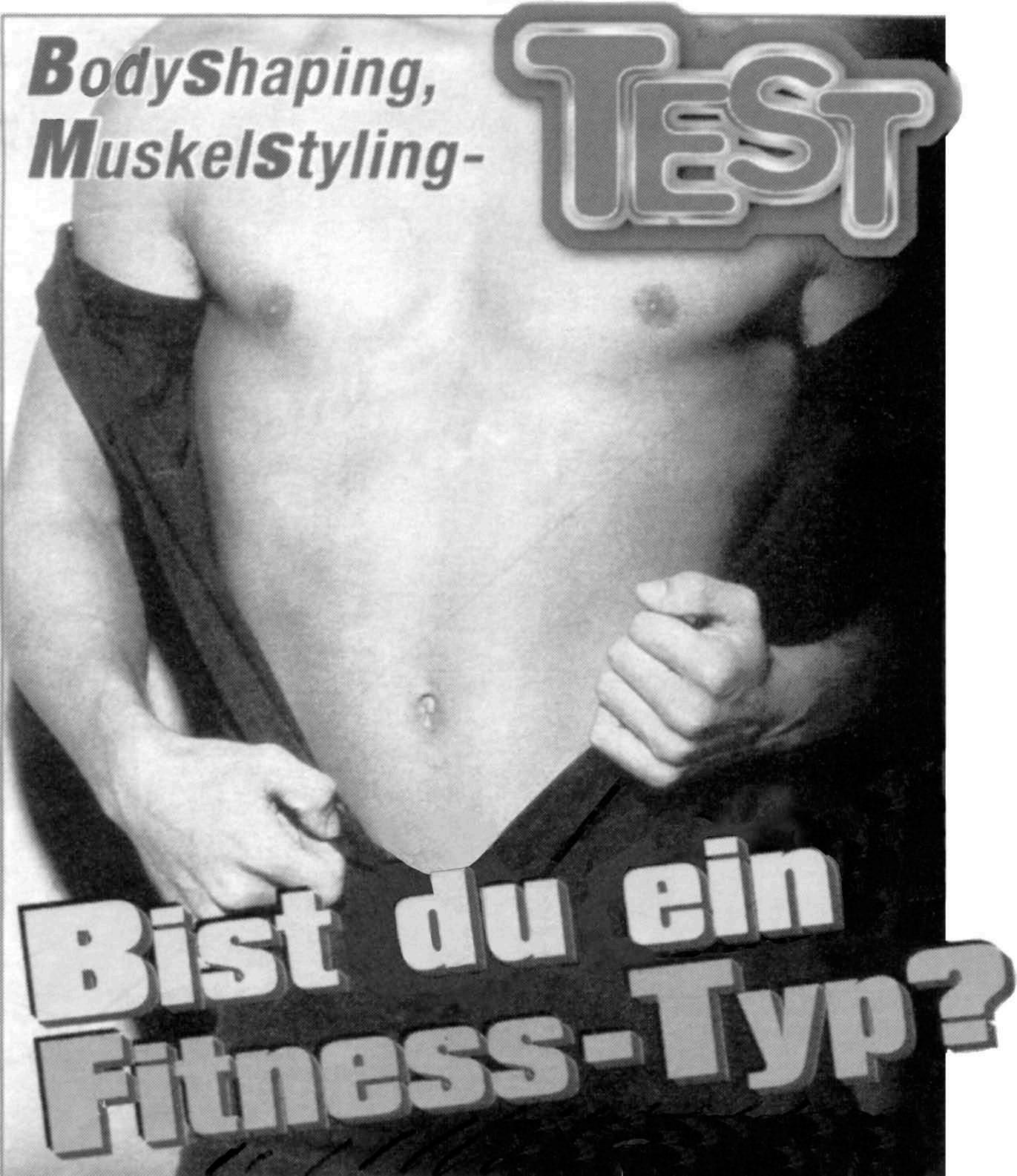110
Verbs: uses
The condition may be expressed through an ADVERBIAL: Bei dem Wetter wäre ich zu Hause geblieben. In that weather I would have stayed at home. Ohne ihre Hilfe hätte ich den Ring nicht gefunden. Without her help I wouldn’t have found the ring.
The condition may have to be inferred from the wider context: Ich wäre lieber zu Hause geblieben. Ich hätte an deiner Stelle dasselbe getan.
I would have preferred to stay at home. If I’d been you, I’d have done the same.
7.12 Subjunctive I: reported speech The main use of subjunctive I in German is to indicate reported speech.
The standard rule is that reported speech is put into subjunctive I using the same tense as was used in the indicative in the original direct speech:
tense of direct speech
reported speech: subjunctive I
present
Er sagte, sie wisse es. He said she knew it. Er sagte, sie habe es gewusst. He said she had known it. Er sagte, sie habe es gewusst. He said she had known it. Er sagte, sie werde es wissen. He said she would know it.
past perfect future
„Sie weiß es.“ “She knows it.” „Sie wusste es.“ “She knew it.” „Sie hat es gewusst.“ “She knew/has known it.” „Sie wird es wissen.“ “She will know it.”
Note that the ‘perfect subjunctive’ is used if the tense of the original direct speech was the past or the perfect.
If the form of subjunctive I is the same as the indicative, subjunctive II is used in place of subjunctive I:
tense of direct speech
reported speech: subjunctive II
present
Er sagte, sie wüssten es. He said they knew it. Er sagte, sie hätten es gewusst. He said they had known it. Er sagte, sie hätten es gewusst. He said they had known it. Er sagte, sie würden es wissen. He said they would know it.
past perfect future
„Sie wissen es.“ “They know it.” „Sie wussten es.“ “They knew it.” „Sie haben es gewusst.“ “They knew/have known it.” „Sie werden es wissen.“ “They will know it.”










